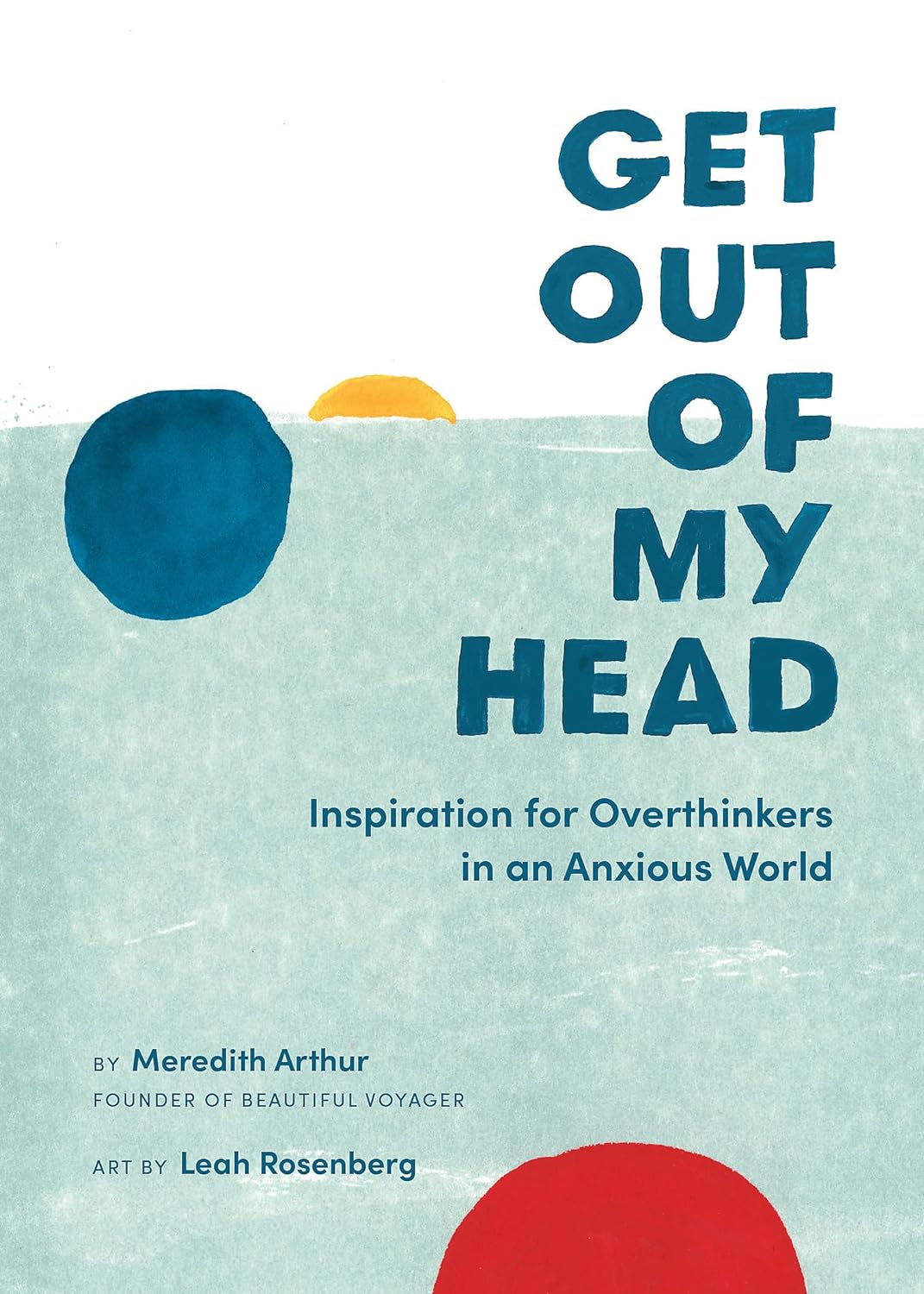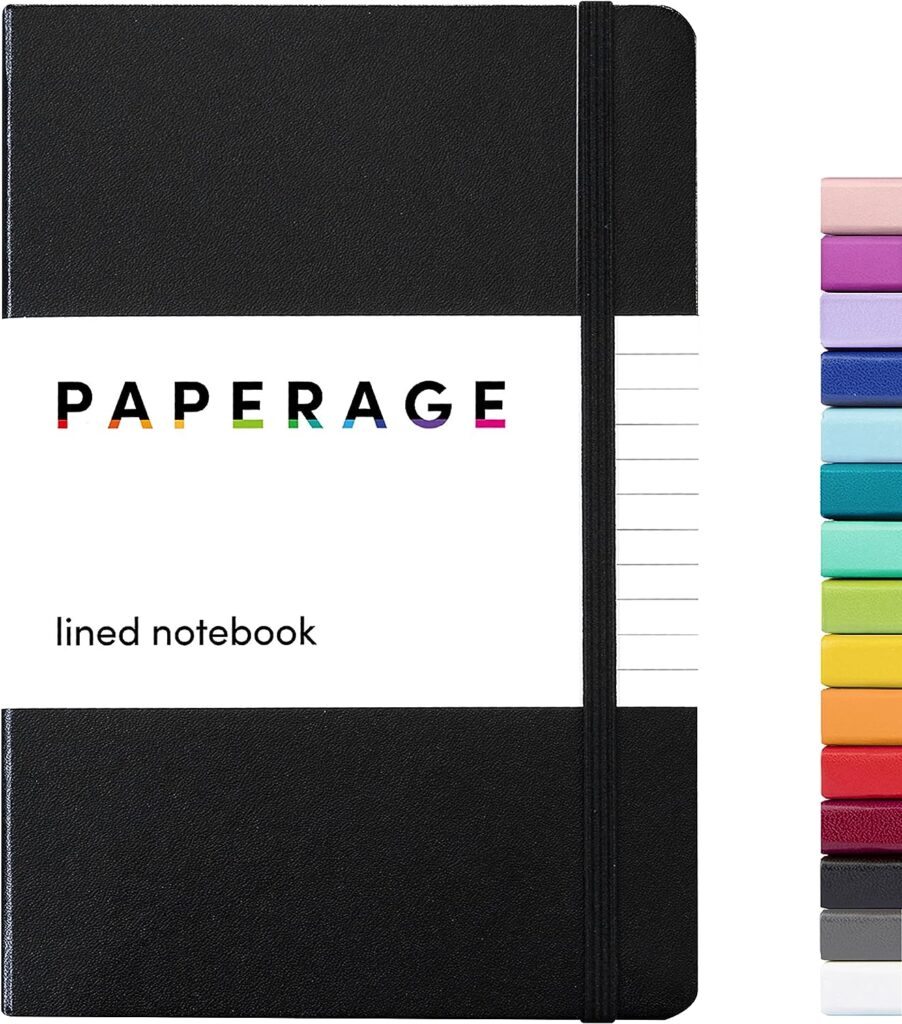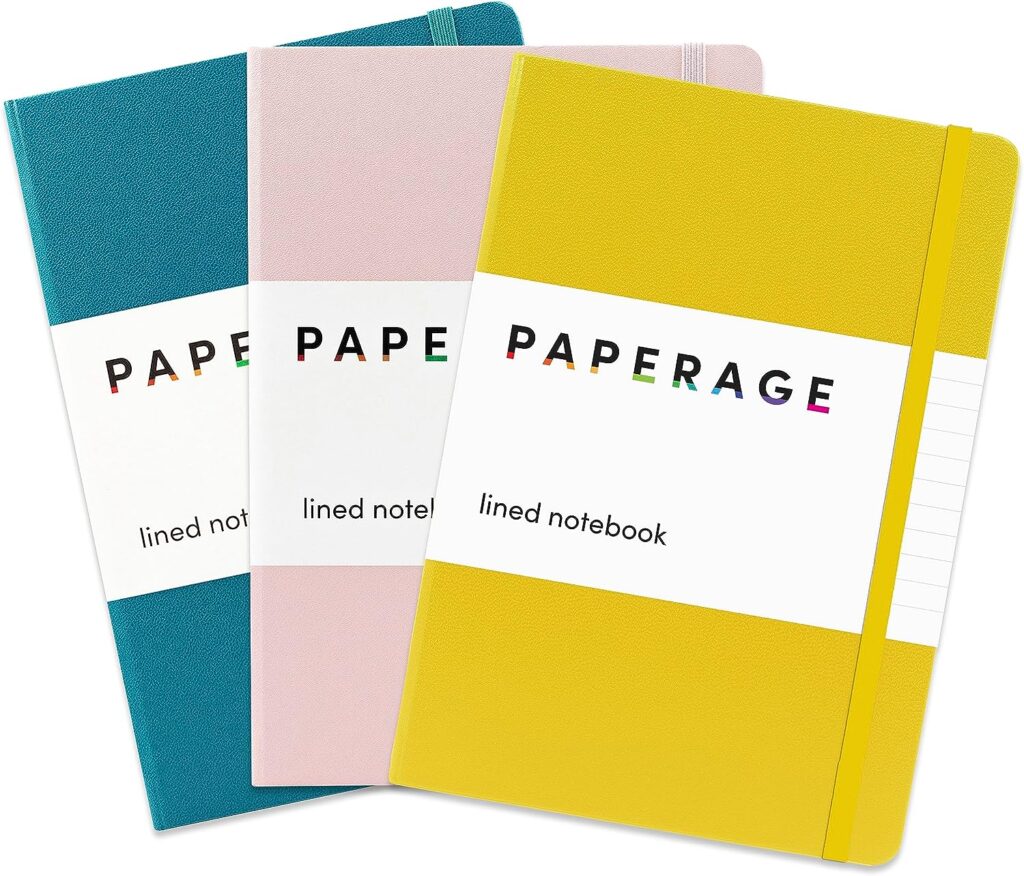In the hustle and bustle of our modern lives, finding moments of mental tranquility can often feel like an elusive dream. For women, navigating many roles and responsibilities, from career goals to family duties and everything in between, the daily grind can sometimes become overwhelming. We all carry our unique sets of luggage filled with life’s challenges, but what if we told you there’s a soothing balm for the mind waiting patiently at your fingertips?
Picture this: a quiet sanctuary where you can release the weight of your thoughts, emotions, and dreams onto paper, iPad, computer, or any electronic device. A place where you can pour your heart out without judgment or restraint. That’s the magic of writing and journaling, and it’s not just a whimsical notion.

Science and research have unveiled the profound mental health benefits these simple yet powerful practices can offer women like you.
In this motivational post, we’ll talk about writing and journaling, exploring how these age-old practices can become your trusted allies in the journey to inner peace and well-being. So, grab your pen, find a cozy corner, and let’s embark on a transformational adventure together – one that will help you unpack the baggage you carry and discover the incredible strength within you.
A Source of Emotional Release
One of the primary benefits of writing and journaling is emotional release. Women often bear the brunt of emotional labor, and finding outlets for expression is crucial. A study published in the journal Advances in Psychiatric Treatment underscores the effectiveness of writing in reducing stress and anxiety, demonstrating that putting thoughts and feelings on paper can serve as a form of emotional catharsis, promoting mental well-being.
Improved Cognitive Function
Beyond emotional wellness, writing also enhances cognitive function. According to a study published in Frontiers in Human Neuroscience, engaging in creative activities like writing enhances brain function and can even increase neural connectivity. This augmentation in brain function may contribute to improved problem-solving and emotional regulation, which is essential for maintaining mental health.
✿ Thank you for reading!
Subscribe to be our bestie, no spam—just good vibes once a month.
A Tool for Mindfulness and Self-Reflection
Writing also facilitates mindfulness and self-reflection, crucial elements for mental health. Writing allows women to focus on their feelings, thoughts, and experiences, fostering self-awareness and mindfulness. A study in the Journal of Affective Disorders highlights the positive impact of mindfulness on mental health, showing a significant reduction in depressive symptoms, anxiety, and stress.
Enhancing Communication Skills
The process of journaling aids in honing communication skills. Clear, concise communication is vital in every aspect of life, and enhancing this ability positively impacts mental health by improving relationships and social connections. Research in the Journal of Psychosocial Nursing and Mental Health Services illustrates the direct correlation between improved communication and enhanced mental health.
Coping with Trauma
For women facing trauma, writing emerges as a powerful tool for healing. Expressive writing, as explored in a study in the British Journal of Health Psychology, can lead to improved mood, well-being, and reduced symptoms of depression among trauma survivors.
In light of substantial scientific evidence, writing and journaling are invaluable tools for promoting mental health among women. By providing emotional release, enhancing cognitive function, fostering mindfulness, and aiding in communication and trauma coping, writing contributes significantly to mental well-being, making it an essential practice for women in today’s world.
Ideas for Daily Writing and Creating a Lasting Habit
What to Write?
Gratitude Journaling: Begin by listing things you’re grateful for. This practice shifts focus from stressors to positive elements in life, fostering a positive mindset.
Stream-of-Consciousness Writing: Allow your thoughts to flow freely onto the page. Don’t worry about grammar, punctuation, or making sense. This can free mental clutter and reveal deep insights or unresolved issues.
Letters to Your Future or Past Self: Write letters to your future or past self, offering advice, encouragement, or forgiveness. This practice promotes self-compassion and reflection.
How to Write?
Choose a Medium that Suits You: Whether it’s a traditional paper journal, a blog, or a dedicated app, choose a medium that excites and motivates you to write regularly.
Be Honest and Unfiltered: Allow yourself to write raw and honest. This uncensored vulnerability can lead to significant mental and emotional release.
When to Write?
Designate a Daily Writing Time: Schedule a daily time to write. Whether it’s early in the morning or during a lunch break, consistently writing at the same time each day can solidify the habit.
Start Small: Don’t overwhelm yourself. Begin with 5-10 minutes daily, gradually increasing as it becomes a habit.
How to Create the Habit?
Create a Writing Space: Designate a quiet, clutter-free area as your writing space. This physical cue can signal to your brain that it’s time to write.
Eliminate Distractions: Put your phone on silent and close irrelevant tabs or applications on your computer. Minimizing distractions allows you to focus and dive deep into your writing.
Be Consistent: Consistency is crucial in habit formation. Push yourself to write at least a sentence or two, even when you don’t feel like writing.
How to Stay Focused?
Set Writing Goals: Set specific goals, whether writing for a certain amount of time, completing a certain number of pages, or exploring a particular topic fully.
Use Prompts: If stuck, use writing prompts or quotes to spark inspiration.
Creating a daily writing habit can be a powerful way to enhance mental health, offering an outlet for expression, reflection, and growth. By finding a consistent time to write, creating a conducive writing environment, setting achievable goals, and focusing on topics that resonate with you, you pave the way for a sustainable and beneficial writing practice.
Sharing Your Writings: Pros, Cons, and Considerations
The Benefits of Sharing Your Writings
Feedback and Insight: Sharing your writings can offer new perspectives and insights on your thoughts and feelings. Friends, family, or therapists can provide valuable feedback, helping you navigate your emotions and experiences.
Building Connection: Sharing personal writings can enhance relationships by fostering empathy, understanding, and deeper connection.
Therapeutic Intervention: Sharing with a therapist can be particularly beneficial. Therapists can help decode and work through the emotions and experiences expressed in your writing, promoting deeper self-understanding and healing.
The Risks and Considerations
Vulnerability: Sharing personal thoughts and feelings can make you feel vulnerable. It’s essential to share your writing with individuals you trust and feel safe with.
Potential for Misunderstanding: Others may not always understand or resonate with your experiences, potentially leading to feelings of isolation or misunderstanding.
When and How to Share Your Writings?
Choose the Right Time: Share your writing when you feel ready and comfortable. Don’t rush the process; let it be a personal decision made in your own time.
Select the Right Audience: Carefully choose whom to share your writings with. Ensure they are supportive, empathetic, and trustworthy individuals.
Establish Boundaries: Clearly communicate any boundaries or expectations you have about feedback or responses when sharing your writings.
In essence, sharing your writings is a personal choice with benefits and risks. It can facilitate insight, support, and deeper connections but also poses potential emotional vulnerability and misunderstanding. Prioritize your comfort and emotional safety, ensuring you’re sharing with the right people at the right time and setting clear boundaries for the sharing experience. This approach will optimize the supportive and therapeutic potential of sharing your written words.
Closing note from the writer:
Looking back on the zenith of my career in media, a vivid panorama of joy unfurls in my memory. It was a time bathed in the boundless realm of words, where days melted into nights penning pieces for national newspapers, monthly magazines, weekend editions, and seasonal supplements. The torrents of thousands of words every week carved paths of connection, illuminating the corridors of my mind and soul.
In those bustling days, writing was not merely a professional commitment; it was a vessel to pour my emotions, ideas, and feelings into the vast expanse of the world. This continual act of sharing breathed life into my words, and the feedback and interaction from my readers wove a tapestry of community and understanding around me. Amidst the torrent of words and whirlwind of deadlines, I found solace, companionship, and therapeutic release. The exchange with my readers, even those shrouded in anonymity, created a delicate, unspoken bond of shared human experience. This bond was my fortress of emotional strength, negating any burgeoning shadows of loneliness or the need for external therapy.
The passage of time has only fortified my conviction in the therapeutic power of writing. Today, as I revisit the academic corridors of psychology and media and delve into the mosaic of scientific research, the echoes of my past resonate with the empirical truths of today. My life’s journey stands as a living testament to the healing pulse of writing, a beacon guiding others traversing the labyrinth of emotional turmoil.
To those embarking on this odyssey, I echo the wisdom born from my journey: Embrace the pen as a conduit for your soul, let the words flow unbridled, painting the canvas of the world with your stories, emotions, and insights. Share them with the world, or let them simmer in the sanctity of your notebooks. And if the vulnerability weighs heavy, write and let the pages embrace your words before consigning them to the flames.
In the dance of letters and words, find your rhythm, harmony, and healing, as I did in the golden era of my life, where the symphony of words orchestrated the melody of emotional well-being and enduring connection.
Consider this: you are a wellspring, your emotions flowing endlessly like water. How can you expect to contain them indefinitely? This is precisely why the act of writing is essential. It’s also why She.Work isn’t solely geared toward assisting working women and entrepreneurs; it has already begun to make a meaningful difference in my life. Trust me, writing helps.
Stay strong, as always.
PINAR
References
Baikie, K. A., & Wilhelm, K. (2005). Emotional and physical health benefits of expressive writing. Advances in Psychiatric Treatment, 11(5), 338-346.
Folley, B. S., & Park, S. (2005). Verbal creativity and schizotypal personality in relation to prefrontal hemispheric laterality: A behavioral and near-infrared optical imaging study. Frontiers in Human Neuroscience, 3, 316.
Hofmann, S. G., Sawyer, A. T., Witt, A. A., & Oh, D. (2010). The effect of mindfulness-based therapy on anxiety and depression: A meta-analytic review. Journal of Affective Disorders, 133(1-2), 37-47.
Berry, K. J., & Pennebaker, J. W. (1993). Nonverbal and verbal emotional expression and health. Psychotherapy and Psychosomatics, 59(1), 11-19.
Smyth, J. M., & Pennebaker, J. W. (2008). Exploring the boundary conditions of expressive writing: In search of the right recipe. British Journal of Health Psychology, 13(Pt 1), 1-7.
Table of Contents
✱ If you liked this article, please share it with a friend who could use inspiration.
If you have a topic in mind or a story to share anonymously or with your name, email us at team@she.work











